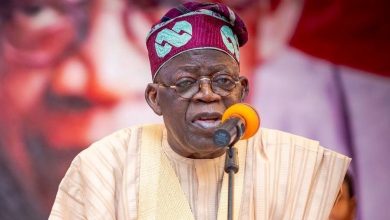
By Tony Okafor
The recent power tussle in Rivers State between former Governor Nyesom Wike and incumbent Governor Fubara is a disturbing trend that has become all too common in Nigerian politics.
This phenomenon, often referred to as “godfatherism,” has seen many former governors refusing to relinquish control and influence after leaving office.
In fact, the relationship between former governors and their successors has been fraught with tension and conflict in many states.
The case of former Governor Wike and Governor Fubara of Rivers State is a prime example.
However, not all former governors have chosen this path. Chief Willie Obiano, the immediate past governor of Anambra State, peacefully handed over power to his successor, Prof. Chukwuma Soludo, on March 17 and left the state the same day, avoiding any confrontation and setting a shining example for others to follow.
Eight years in office is more than enough time for a governor to leave a lasting legacy and make meaningful contributions to their state.
It is unacceptable for former governors to continue exerting influence and control, undermining the authority of their successors. This not only undermines democracy but also stifles progress and erodes trust in government.
Godfatherism subverts the democratic process, creating an uneven playing field where the interests of the former governor are prioritized over those of the people.
The constant power struggles between former governors and their successors hinder progress and development, wasting resources on unnecessary conflicts.
It is time for Nigerian politicians to prioritize the interests of the people over personal ambitions.
Former governors should take a cue from Chief Obiano’s example and peacefully hand over power, allowing their successors to govern without interference.
The people of Rivers State, and indeed Nigeria, deserve better than the petty power struggles that have come to define the relationship between former governors and their successors.
Nigeria’s democracy can only truly flourish when leaders recognize the importance of peaceful transitions and respect the will of the people.
Former governors like Wike must recognize that their time in office has ended and allow their successors to lead.
Obiano’s exemplary conduct should serve as a beacon of hope for Nigerian politics.
Ultimately, the onus lies with Nigerian leaders to break free from the shackles of godfatherism and prioritize the nation’s progress.
By doing so, they will demonstrate their commitment to the people and pave the way for a brighter future.



